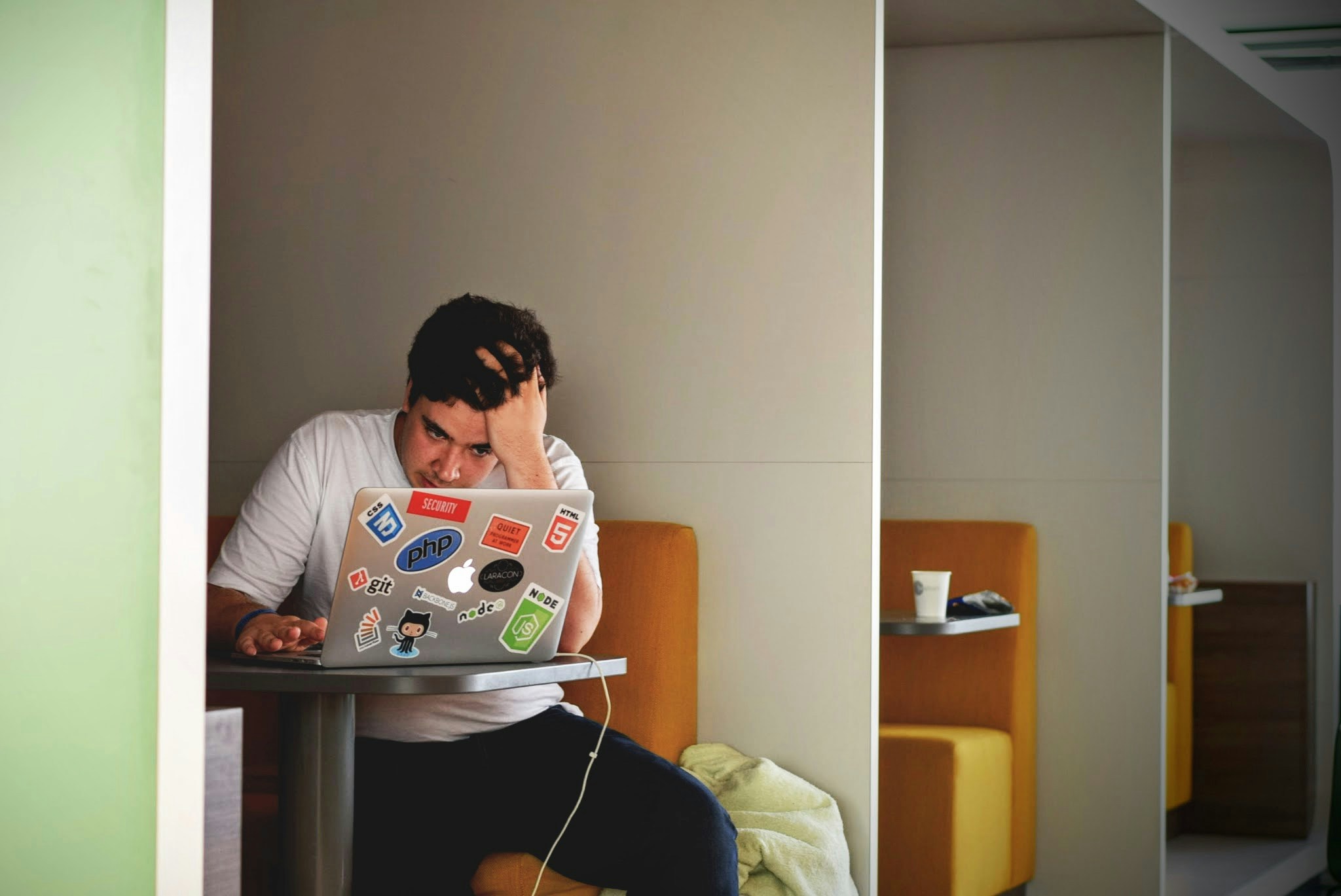Image: Full focus at a coffee shop via Tim Gouw (Unsplash)
“I hate free time.”
This was a common quote of mine back in high school, and I truly meant it. Before college, I spent all my free time wishing I had something to do. I worked and went to school five days out of the week and I always had friends available to hang out with, but I still felt like any free time was just me being lazy.
I didn’t know how to use my free time wisely, and no matter what I did, I felt like I wasn’t using that time properly. This led to me spending hours just scrolling through Instagram and TikTok or watching YouTube. Even when I found something I considered “productive,” I would get bored and wish I was doing anything else. I considered any free time as a waste of time and would have done anything to be busy all day.
This dream of busyness grew more and more as I got closer to college, but a few weeks before I left I was told something very disheartening. I was talking to one of my older coworkers about my hatred of free time, and he told me, “In college, you’re gonna have a bunch of free time, so you better get used to it.”
Hearing this absolutely crushed my soul. I couldn’t imagine spending my days of college just scrolling through meaningless videos and wasting my time. After this, I tried to learn how to use my free time constructively, but by the time college came around, I still didn’t feel ready. I wasn’t excited to live a life full of free time and laziness — but oh, how little I knew.
After a few weeks of college, though, I realized my coworker must have straight-up lied to me because I was busy all day. I was having the exact opposite problem as I did in high school — I had no free time. From the moment I woke up to the second I went to bed, I was out doing something. Whether it was hanging out with friends, attending classes, going to the gym, doing homework or going to club meetings, I always had something to do. For the first few weeks, I thought I was in heaven. This was the busy life I had always dreamed of, and it was great — but I quickly realized the big problem with a busy life.
While it felt great to be busy all day, I started getting more exhausted. But now I couldn’t get rid of this exhaustion, which I hadn’t really understood in high school. It got bad enough to where I couldn’t make it a few hours into the day without feeling completely drained.
My mental health took quite a toll too. From the moment I woke up, I’d be in a bad mood, and it would take a long time for it to go away. Even if I didn’t wake up in a bad mood, one wrong thing would set me off, and it would take me forever to feel happy again. It was miserable, and I knew I needed to figure this out as soon as possible.
I talked to my new friends at college and found they were experiencing a similar exhaustion, but they didn’t know how to get rid of it either. I then went to my family for help, but still, I couldn’t find the answers. I knew that I was going to have to figure this out myself, and I believed there was no universal answer. After days and days of looking at my schedule and trying to figure it out, I had nothing.
I started to get scared; thinking about living the rest of my college days exhausted sounded horrible. As I sat there scared I looked at my alarm clock and saw the time — 2:30 a.m. It then immediately made sense to me. Sleep, the one thing I had overlooked, was the answer.
I immediately went to bed, and every night following, I started going to bed earlier. I almost immediately started to see improvements not only in my exhaustion problem but also in my overall mood. I stopped feeling bad the whole day and had a more positive outlook on my life. I’m not saying you have to go to bed at 9 p.m. every night, but getting somewhere between six to eight hours has worked well for me. Everyone works differently, so finding the sleep schedule that works best for you is essential to having a productive day.
It also gave me a better understanding of where my free time actually lies. I came to understand that I don’t have requirements like I did in high school. Obviously, I’m going to go to all my classes, but everything else is my own decision and I don’t have to be out all day. Taking some time for yourself is not a waste of time, and is important to keeping your mental health secure.
I’m not saying that fixing your sleep schedule will guarantee you won’t feel exhausted during the day, but it’s a good start. It can improve your mental health and can even help you have a more positive outlook. While I originally never gave fixing my sleep schedule much thought, it has helped me be more productive and awake than ever.
Samuel J. Beadle is a first-year English major.

